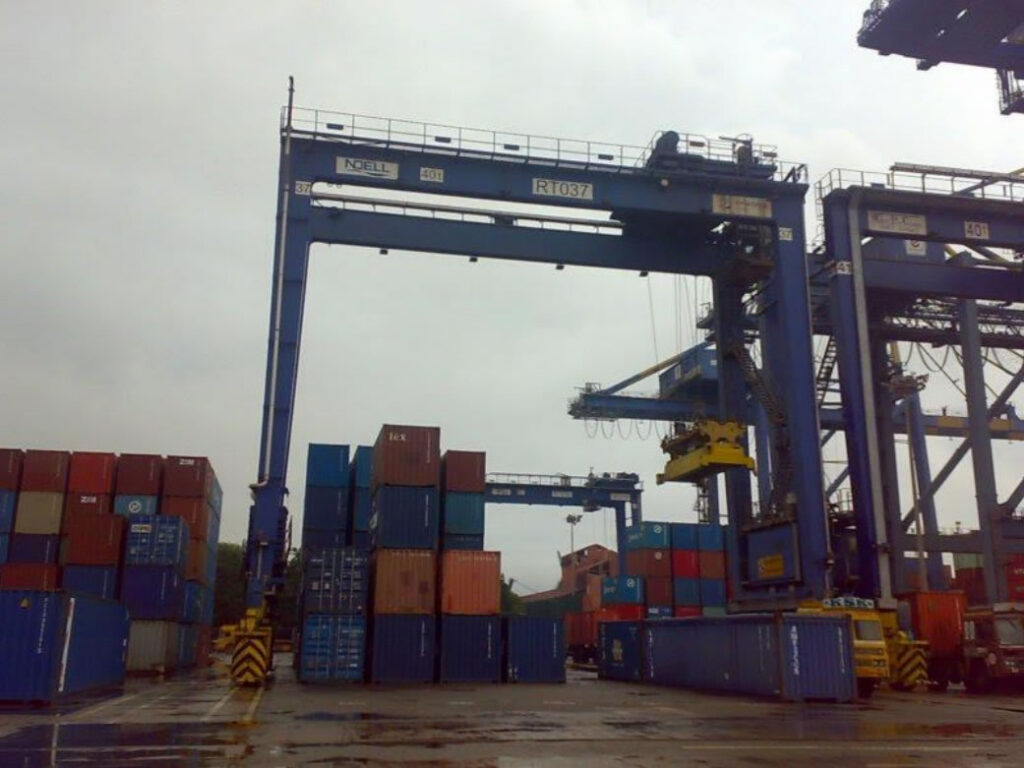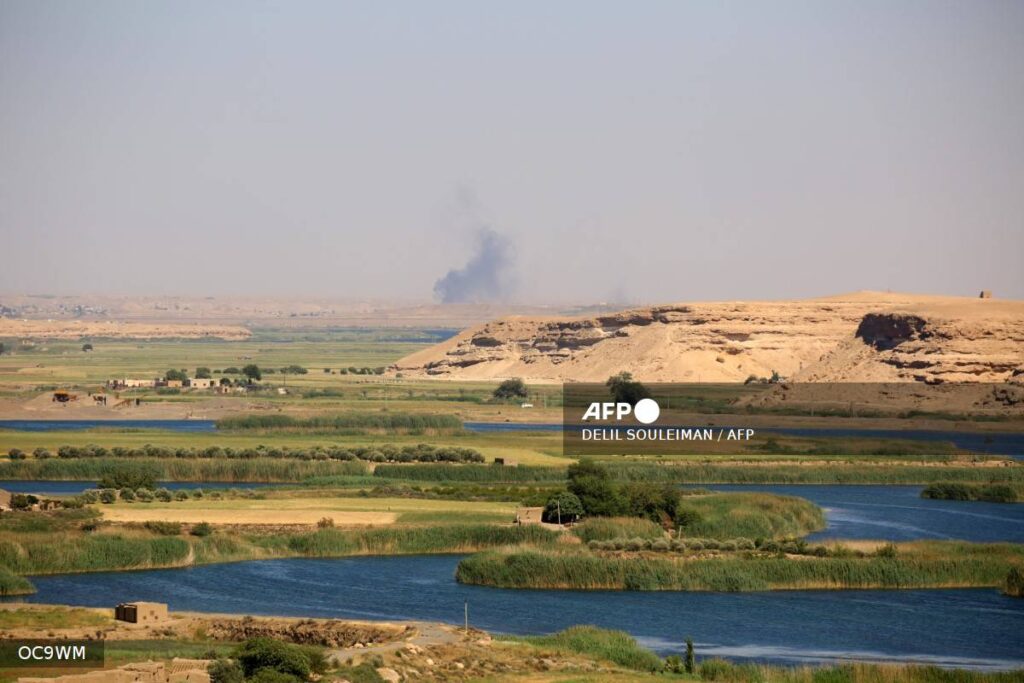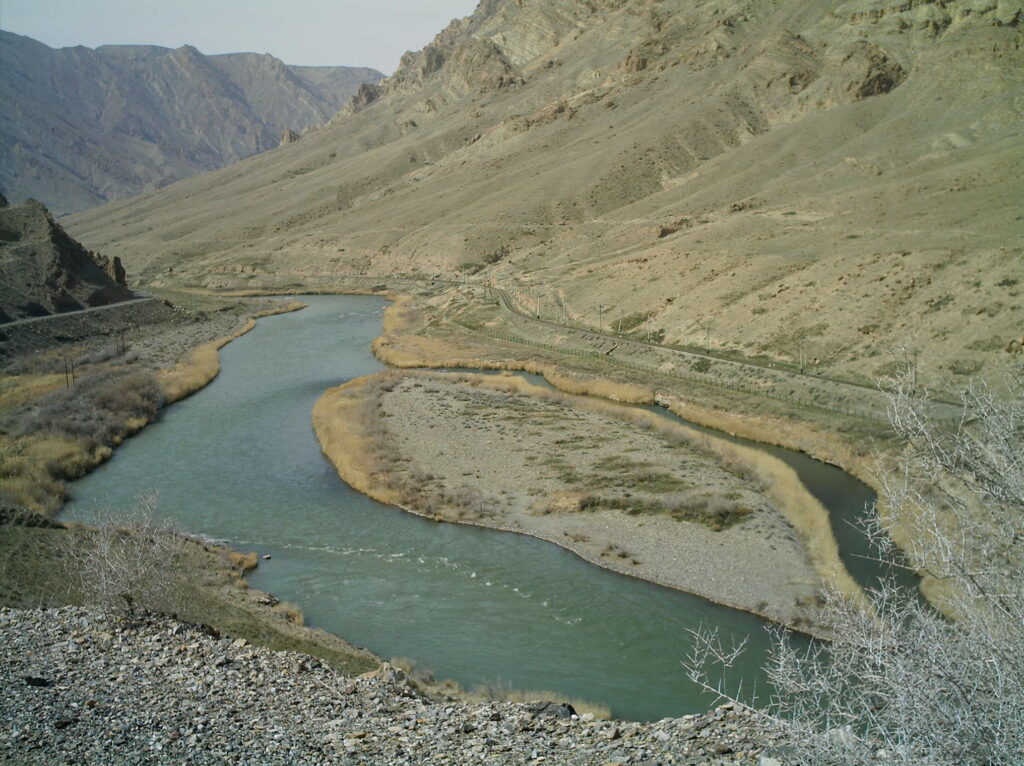
Series Introduction
India-Middle East Relations: Opportunities and Challenges
With the United States shifting its security focus from the Middle East to the Asia-Pacific, other major powers are seen as potential players that might fill the void in Middle East security. The fact that India is one such player is further manifested in the recently announced India–Middle East–Europe Economic Corridor.
This series of Insights seeks to unravel the evolutionary paths that the growing multifaceted connections between India and the Middle East might take and the challenges arising. India’s relationship with Israel, especially under the purview of the I2U2 partnership, which also includes the United Arab Emirates and the United States, has in particular generated much curiosity among observers. India’s longstanding economic ties with the GCC countries, along with its ties with Iraq and Iran, have added to the strategic significance of the Middle East for India and given it strong reasons for a greater role in the Middle East.
By Albert Vidal*
Ports are not just critical infrastructure but also serve as economic gateways and have geopolitical implications. This paper explores relations between India and its Middle East partners from a ports and maritime logistics perspective, highlighting the potential for a shared and interconnected future that is rich in synergies. Middle Eastern partners, utilising their strengths as hydrocarbon producers, major logistics players and managers of large sovereign wealth funds, could address the bottlenecks hindering India’s growth while in turn benefitting from food security and ample returns on investment in a stable client with a colossal domestic market.
Click HERE FOR THE PDF.
Image Caption: Chennai Container Terminal, India, one of the ports operated by DP World. Photo: Raguleo, under Creative Commons licence CC BY 3.0 DEED
About the Author
*Albert Vidal is a Research Analyst at the International Institute for Strategic Studies in Bahrain, focusing on defence and military analysis in the Middle East and North Africa. Previously, he was a Research Associate at the Gulf International Forum. Albert earned an MA with Distinction in Arab Studies at Georgetown University, has a working knowledge of Arabic and French, and is the recipient of a Fulbright fellowship. He has published in the Arab Gulf States Institute, the Gulf International Forum, the Gulf States Newsletter, and the Center for Maritime Strategy, among others.
More in This Series
- Pourya Nabipour & Neda Beirami
- -




